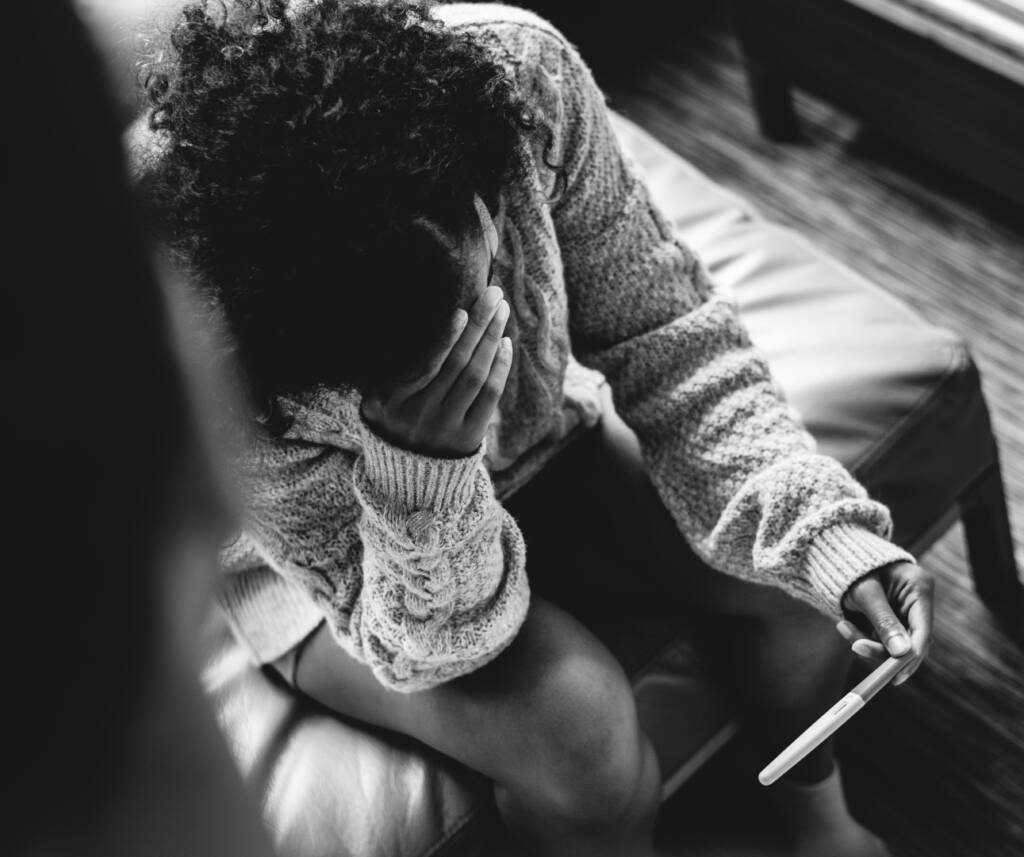Understanding the difference between feeling down and experiencing depression is crucial for recognizing when professional help might be needed. While both involve feelings of sadness or low mood, they differ significantly in duration, intensity, and impact on daily life.
Feeling Down: A Temporary State
Feeling down, or having the blues, is a natural response to life’s challenges, disappointments, or stressors. It’s normal to experience sadness or frustration occasionally, such as after a tough day at work, an argument with a friend, or a minor setback. These feelings are typically short-lived, lasting for a few hours or days, and are often linked to specific events. When you’re feeling down, you might still be able to enjoy activities, engage with others, and go about your daily routine, even if you’re not at your best.
Key characteristics of feeling down include:
- Temporary sadness or low mood that improves with time.
- Specific triggers like stress, fatigue, or disappointment.
- Ability to function in daily activities, even if with less enthusiasm.
- Response to positive experiences – you may feel better after a good meal, time with friends, or a pleasant distraction.
Experiencing Depression: A Persistent Condition
Depression, on the other hand, is a more severe and persistent condition that goes beyond temporary sadness. It is a mental health disorder characterized by a prolonged period of low mood and loss of interest or pleasure in activities. Depression affects every aspect of life, from work and relationships to physical health and self-care. Unlike feeling down, depression is not just about feeling sad; it often involves a sense of hopelessness, worthlessness, and an inability to experience joy.
Key characteristics of depression include:
- Persistent low mood lasting for two weeks or more.
- Lack of interest or pleasure in activities once enjoyed.
- Physical symptoms like changes in sleep, appetite, or energy levels.
- Cognitive symptoms such as difficulty concentrating, making decisions, or remembering things.
- Feelings of hopelessness, guilt, or worthlessness.
- Social withdrawal – avoiding friends, family, or social situations.
- Impairment in daily functioning – struggling to perform at work, school, or in personal life.
- Thoughts of death or suicide in severe cases.
- When to Seek Help
- It’s important to recognize when feeling down has crossed the line into depression. If you or someone you know is experiencing symptoms of depression, especially for an extended period, it’s essential to seek help from a mental health professional. Early intervention can prevent symptoms from worsening and provide support for managing the condition.
- While feeling down is a normal, temporary reaction to life’s ups and downs, depression is a serious and persistent condition that requires attention and care. Understanding the distinction between the two can help you take the appropriate steps to care for your mental health or support someone who may be struggling.




